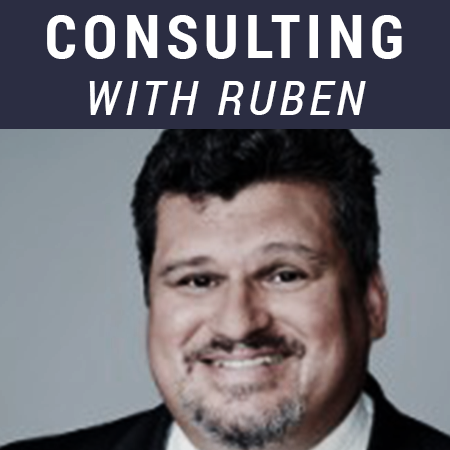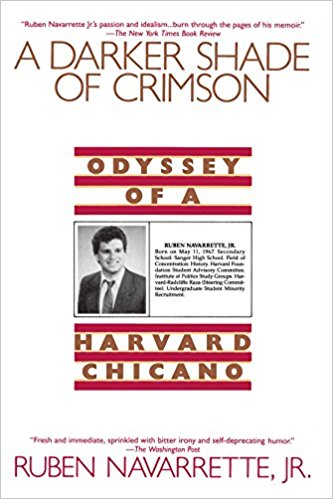SAN DIEGO — Many Americans born after the 1960s and the dawn of affirmative action seem to think that if you’re a person of color with even an ounce of smarts and a smidgeon of talent, all doors will magically fling open.
But reality is more complicated.
Consider the rise and fall — and recent resurrection — of Tavis Smiley.
This week, the veteran African-American broadcaster hosted a special program on Dr. Martin Luther King Jr. to mark the 50th anniversary of his assassination. “MLK50: A Call to Conscience” aired on The Word Network, which claims to be “the largest African-American religious network in the world.”
The 53-year-old has also signed on to host a new online series called “The Upside with Tavis Smiley” that will “celebrate the spirit of resilience” and be distributed over various platforms, including Apple TV, Amazon Fire and Roku.
This is not exactly the definition of keeping a low profile. That’s what damage control specialists will often tell those embroiled in a scandal.
In December, amid allegations of inappropriate sexual relationships with subordinates, PBS unceremoniously dumped Smiley when it indefinitely suspended the distribution of his nightly talk show after 14 years. Smiley quickly hit the airwaves to defend himself. Smiley admitted to “consensual” relations with employees. But he accused PBS of making a “huge mistake.”
PBS claimed that Smiley was inconsistent in his public statements and said he needed to get his “story straight.”
Now Smiley has filed a lawsuit against the network claiming racial bias and breach of contract. He calls PBS a “hostile work environment” and accuses the network of using the sexual allegations as “a pretext” to cut ties with him because he wasn’t the kind of African-American that PBS expected him to be. That includes being a grateful and obedient “team player.”
I’ll buy that. When you’re a person of color, nearly every opportunity comes with a rigid standard of how you’re supposed to behave, think and speak. Smiley could be part of the collateral damage of the #MeToo movement.
As I’ve written before, I’ve known Smiley for about 25 years, dating back to the time when the two of us — while still in our twenties — co-hosted a nightly radio show in Los Angeles.
In light of his new deal with The Word Network — along with a daily podcast, book deals, speeches, etc. — I’m tempted to say that Smiley has made a comeback. But the truth is, my old friend never left. Tavis Inc. has always been open for business — 24/7, 365 days a year. This is one media shop that never closes.
Yet his dismissal by PBS — which he still considers unjustified, as evidenced by the lawsuit — undoubtedly tarnished his brand and wounded him personally. He may even be wondering why it happened.
I have a theory: Some of this is about race. How could it not be? Until he was dismissed he was one of the only African-American hosts on television, and the only one to ever host a talk show on the network. That comes with a learning curve. It’s possible that PBS didn’t know how to navigate it. Besides, the media landscape can often be hostile to minorities.
Dating subordinates is not smart. It is also not new. Doctors date nurses. Pilots sleep with flight attendants. Senior partners at law firms date junior associates. Media is one of the worst offenders; I know one former newspaper editor who dated three reporters at the same time.
After our show ended in 1995, Smiley became a leading voice for African-Americans. He received a star on the Hollywood Walk of Fame. Ebony magazine named him the No. 2 African-American change agent in media on its Power 150 list; No. 1 was Oprah Winfrey. Smiley makes people think. And he has made millions of dollars doing it.
Growing up in a large working-class family in Indiana with nine siblings, my friend came up from nothing and got this far in life the old-fashioned way — with lots of talent, long hours and dedication to his craft.
Along the way, Smiley stumbled. But he picked himself up, and — through hustle and hard work — he is still standing.
You see, in America, it’s true that the doors don’t just swing open. But they also don’t stay locked forever.
Ruben Navarrette’s email address is ruben@rubennavarrette.com. His daily podcast, “Navarrette Nation,” is available through every podcast app.
(c) 2018, The Washington Post Writers Group





